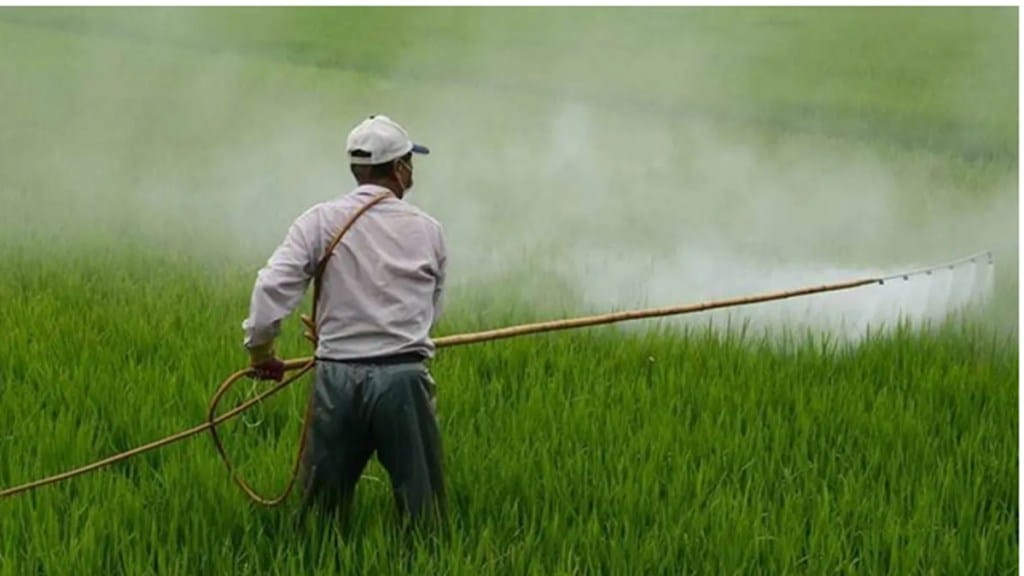The government on Wednesday decided to implement ‘one nation, one fertiliser’ policy by introducing a single brand name for urea and other fertilisers.
The single brand name for fertilisers such as urea, di-amonimum phosphate (DAP), muriate of potassium (MOP) and nitrogen, phosphorus and potassium (NPK) sold by companies, state trading entities and marketing companies will be henceforth named as Bharat urea, Bharat DAP, Bharat MOP and Bharat NPK.
“A common logo indicating fertilizer subsidy schemes named Pradhanmantri Bhartiya Janurvarak Pariyojna will be used in all fertilizer bags,” the fertiliser ministry said. The ministry has asked companies to introduce bags with new logos from October 2, 2022.
The government released the fertiliser subsidy to 177 manufacturers, which sold their produce to farmers through their retail chains in 2021-22. Since the introduction of the direct benefit transfer (DBT) system in October 2016, fertiliser subsidies have been released to companies on the basis of sales made by the retailers to the farmers.
Sale of all subsidised fertiliser to farmers or buyers is currently made through point of sale (PoS) devices installed at outlets since March 2018 and beneficiaries are identified through Aadhaar number, Kisan Credit Card and other documents.
In the case of urea, farmers pay a fixed price of Rs 242 per bag (45 kg) against the cost of production of around Rs 2,700 per bag. The balance is provided by the government as a subsidy to fertiliser units.
Also read: Commerce department rejig to make it future-ready: Piyush Goyal
The government announces Nutrient-based subsidy rates for phosphatic and potassic fertilisers for kharif and rabi seasons annually.
The government may revise the budget estimate (BE) for fertiliser subsidy in the current fiscal year by around 140% to Rs 2.5 trillion, as elevated global prices of fertilisers and natural gas, the key feedstock, have inflated costs. This will be the largest ever outlay for fertiliser subsidy.
The subsidy on farm nutrients stood at Rs 1.6 trillion (revised estimate) last year.
Chemicals and fertilizers minister Mansukh Mandaviya has recently stated that the government would not pass on the burden of rise in global prices to farmers. The government has been raising the subsidy on urea in tandem with the increase in costs as the retail prices of the nutrient are fixed.


